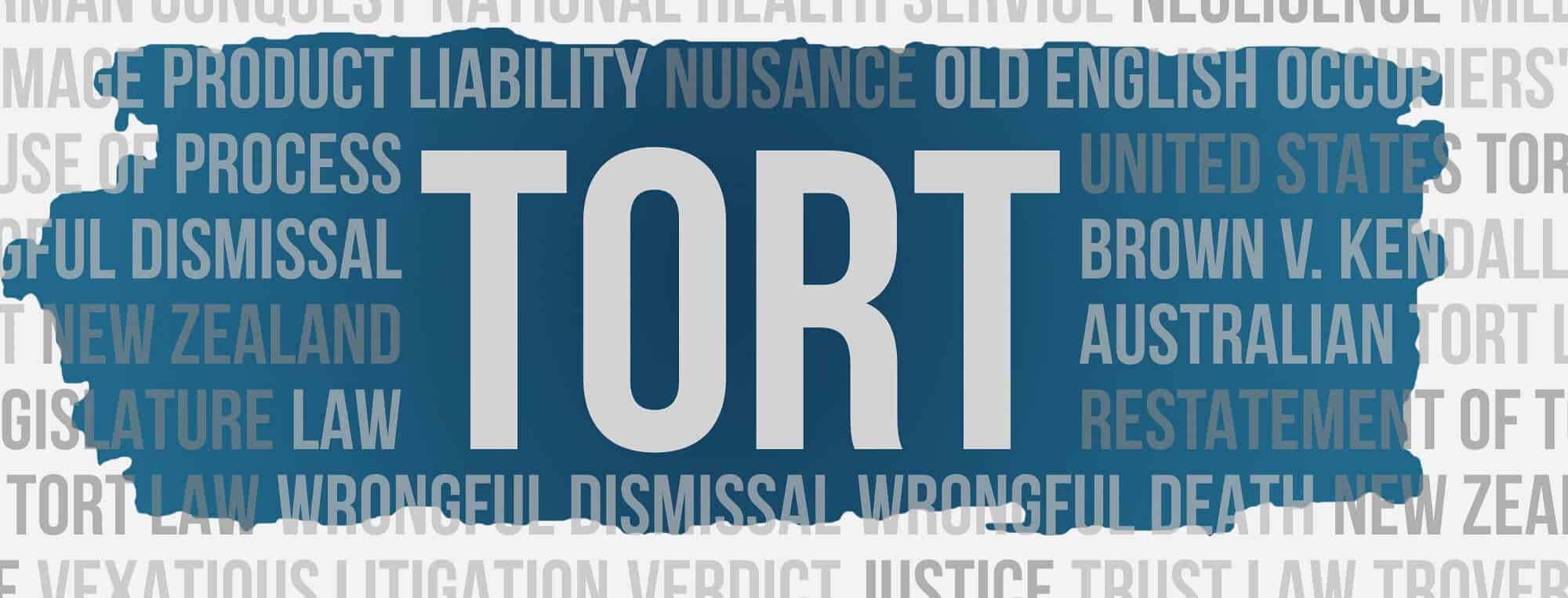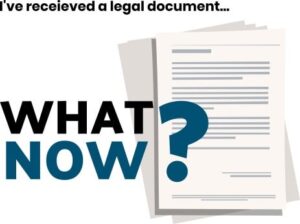Elements of undue influence
In order to successfully prove a cause of action in undue influence, the following elements must be established:
- There must be a special relationship of influence between the parties, either actual or presumed.[3]
- The defendant must take advantage of the special relationship.
How do you define a “special relationship”?
To establish a special relationship, there needs to be either actual or presumed undue influence:
Actual undue influence
This occurs when there is an express use of influence by the dominant party (e.g. unfair or undue pressure) so that the actions and judgments of the disadvantaged party are not free and voluntary.[4]
Presumed undue influence
Presumed undue influence refers to influence that is presumed due to the specific relationship that exists between the parties (e.g. the relationship between parent and child, solicitor and client or guardian and ward). Presumed undue influence can be established by looking at whether the dominant party was in a particular position to exercise dominance or control over the disadvantaged party, whether the disadvantaged party relied on information given to them by the dominant party, and whether the dominant party was aware of the reliance.[5] In relation to certain types of relationships, the court may look at whether or not the disadvantaged party received independent advice.[6]
Where a transaction (e.g. the transfer of property) occurs between a principal and their power of attorney, or alternatively, between a principal and a business associate, relation or close friend of the principal’s attorney, section 87 of the Powers of Attorney Act 1998 (Qld) creates a rebuttable presumption of undue influence (i.e. a presumption that is accepted by the court as true until that presumption is disproved).
Defences to undue influence
Some examples of defences that might be available to a defendant accused of unduly influencing a disadvantaged party include:
No actual influence
The defendant is able to show that no actual influence was used by the defendant towards the plaintiff.
No relationship of influence
The defendant is able to show that the particular relationship between the plaintiff and the defendant does not create a presumption of undue influence.
Independent advice obtained
The defendant is able to show that the plaintiff obtained independent legal or other advice.
The plaintiff fails to take steps to bring a claim for undue influence within a reasonable time after the cause of action arose.
Remedies for undue influence
The following remedies may be available to a plaintiff successfully bringing a cause of action in undue influence:
Rescission
Where undue influence can be established, the court may set aside the particular contract or agreement in question (e.g. setting aside a contract of sale for the transfer of property).
Compensation
The plaintiff may be awarded compensation for any loss or damage suffered as a result of the undue influence exercised by the defendant.
Account of profits
The plaintiff may be awarded this equitable remedy in circumstances where the defendant has benefited from exercising undue influence over the plaintiff, or where it is anticipated that the defendant will benefit from exercising undue influence over the plaintiff.
For when you need assistance
Gibbs Wright Litigation Lawyers can assist both plaintiffs and defendants in claims for undue influence.
Call Gibbs Wright Litigation Lawyers for a no-cost, obligation-free discussion with one of our experienced solicitors about your undue influence matter.
References
- Fletcher v Queensland Nursing Council [2009] QCA 364 [27]; Louth v Diprose (1992) 175 CLR 621, 627. ↩︎
- Fletcher v Queensland Nursing Council [2009] QCA 364 [30]; Commercial Bank of Australia Ltd v Amadio (1983) 151 CLR 447, 471. ↩︎
- Fletcher v Queensland Nursing Council [2009] QCA 364 [30]; Johnson v Buttress (1936) 56 CLR 113, 134. ↩︎
- Johnson v Buttress (1936) 56 CLR 113, 134. ↩︎
- Ibid 135. ↩︎
- Ibid 119. ↩︎




